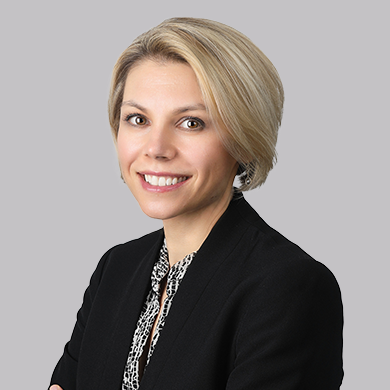Alisa Aija Karlsons

Alisa Karlsons counsels domestic and foreign manufacturers of food and drug packaging materials, including paper and paperboard, plastic, and additive manufacturers, on U.S. Food and Drug Administration (FDA) compliance obligations, as well as state level requirements, such as California’s Proposition 65. She has extensive experience in evaluating paper food contact materials sourced from both virgin and recycled fiber. She also helps clients navigate the complexities of establishing regulatory compliance of food contact materials in international jurisdictions, including Canada, the European Union (EU), South America, and China. As counsel to trade and industry associations, Alisa provides strategic advice to further the policy interests of companies in the food packaging supply chain.
Alisa is a contributing author to packaginglaw.com, which provides news and analysis on worldwide packaging regulations, and she is a frequent presenter at Keller and Heckman’s Paper Packaging Law Seminar.
Prior to attending law school and joining the firm, Alisa worked in public affairs consulting in Washington, DC.
Representative Matters
- Successfully filed numerous Food Contact Notifications (FCNs) on a range of packaging substrates and applications
- Advised food packaging producers on performing self-determined Generally Recognized as Safe (GRAS) evaluations as a means of establishing FDA compliance of new product lines
- Determined 21 C.F.R. § 176.170 FDA regulatory compliance of an entire line of paperboard produced by a major foreign paperboard manufacturer, allowing the manufacturer to enter the U.S. market
- Counseled a large food contact material manufacturer through a contamination event to minimize risk and supply chain disruptions
- Advised food packaging producers on California’s Proposition 65, including overseeing development of No Significant Risk Levels (NSRLs) and Maximum Allowable Dose Levels (MADLs), and established exemptions from warning requirements
- Guided a major polymer producer in communications with customers and conducted a risk assessment of non-intentionally added substances (NIAS) under the EU’s Plastics Regulation